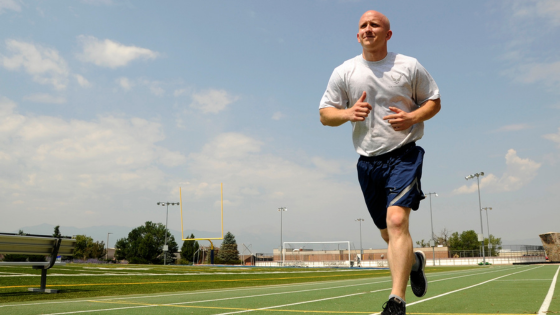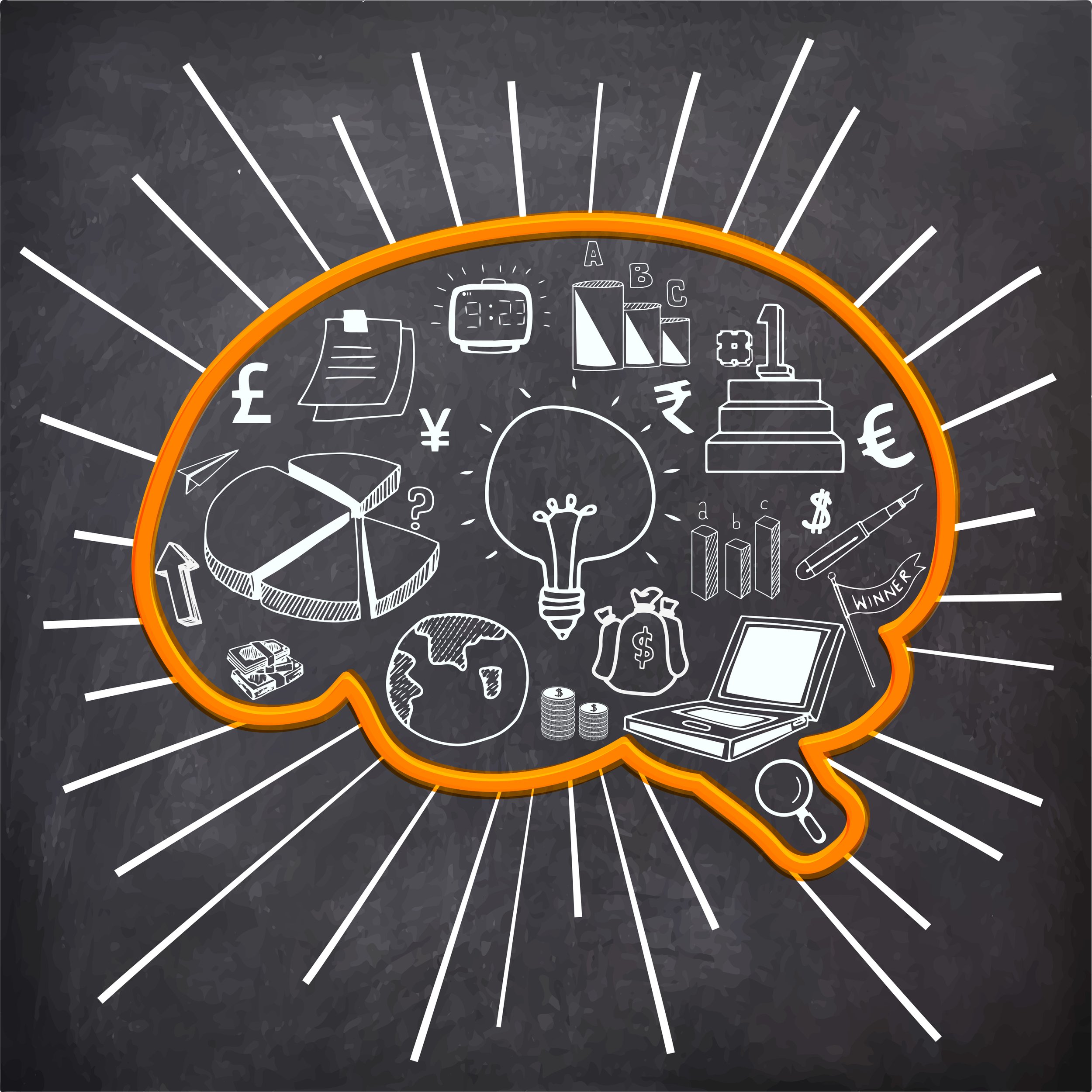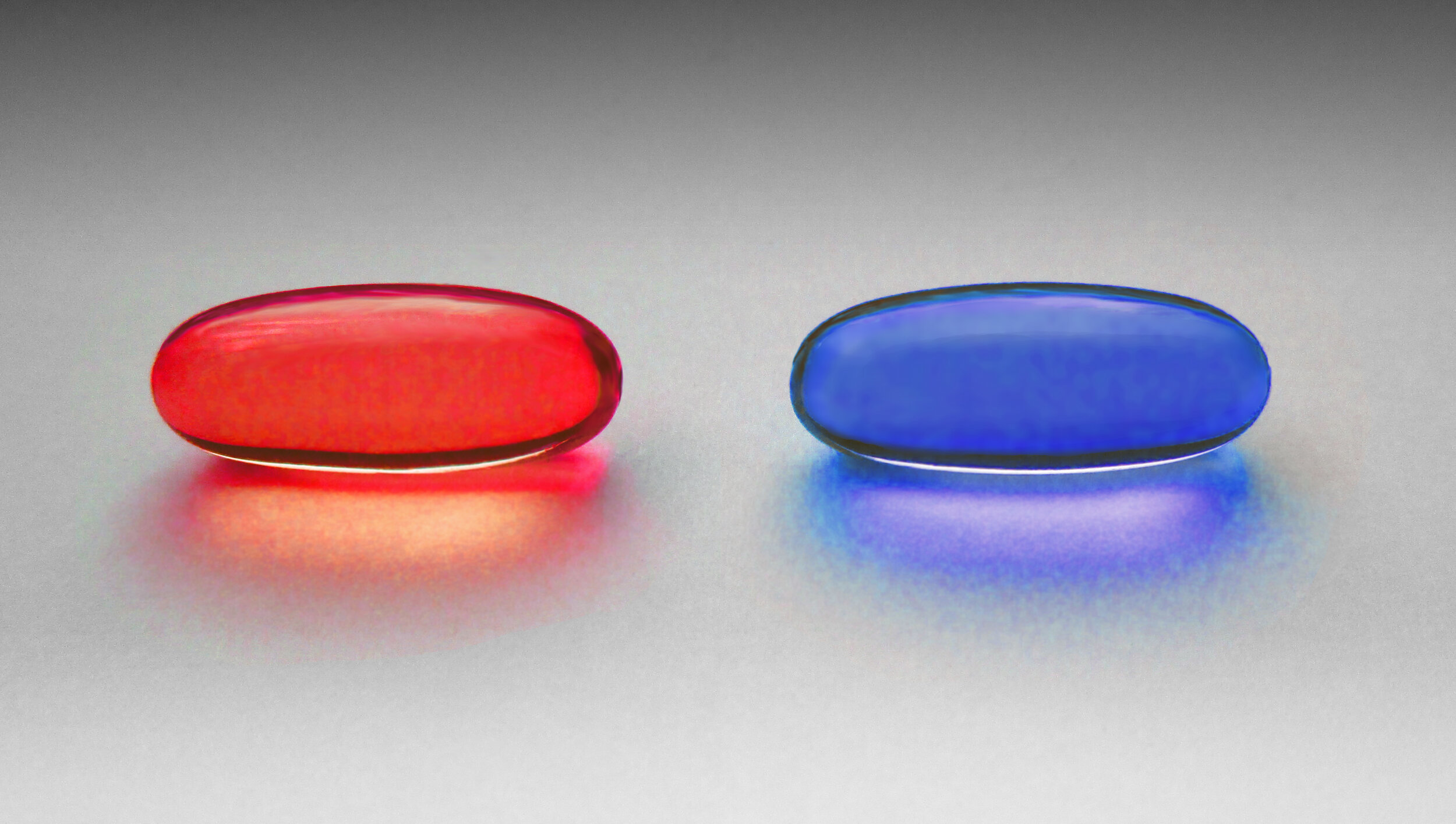

Work Out Smarter, Not Harder
A training program does need to be smart in order to produce long term gains in a safe and effective manner. A well designed program uses periodization, the manipulation of training variables (sets, reps, weight, intensity, etc.), in order to keep workouts challenging over time as you get stronger, and ensure optimal gains.

Work Out Harder, Not Smarter
Working out harder is the primary goal of a smart training program. You shouldn’t worry about having the perfect program, and should focus on putting in the effort if you want results, especially in the long-term.

How Lifting Made Me Smarter
Often, physical activity improves more of our lives than just our bodies, it helps our brains, too. Regular exercise can help with undertanding organization, practice, goal setting, and finding meaning in what you’re learning. When the things you learn personally mean something to you, it’s more likely you’ll retain that knowledge. Some of the physical benefits of lifting - energy regulation, improved sleep, and mood stabilization - helps us be more attentive and energetic, aiding in the learning process.

Great Expectations Part 2 - The Power of Belief, FMS, and the Fitness Industry
In last week’s post, I covered the way that expectancy effects work, and how powerful they can be. Manipulating expectations can be a powerful way to impact the results of any intervention. In this post I analyze the ways in which these effects can impact our diet and exercise results, and why the fitness industry often intentionally manipulates these effects to its own benefit.

Great Expectations Part 1 - Placebo, Nocebo, and Expectancy Effects
Expectancy effects are positive or negative physiological effects which occur as a result of the expectations that we’ve established for a particular course of action, training routine, method of treatment, pill, etc. Placebo (positive) and nocebo (negative) effects are well documented, and vary in strength according to how strongly we believe a positive or negative effect will occur.
